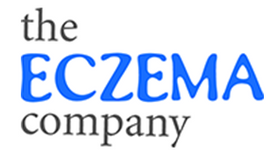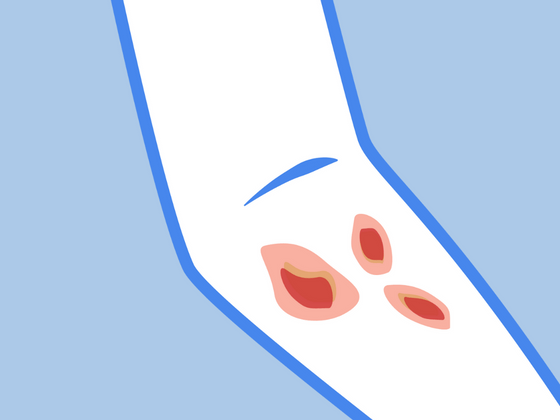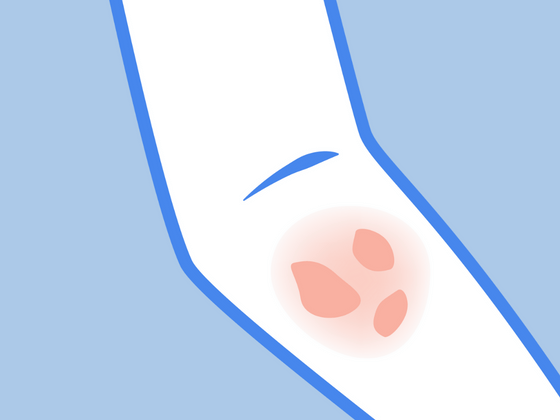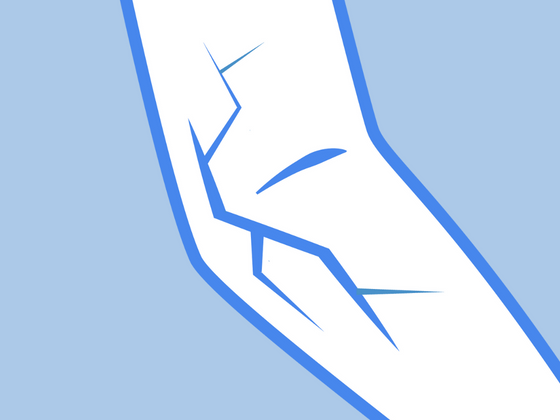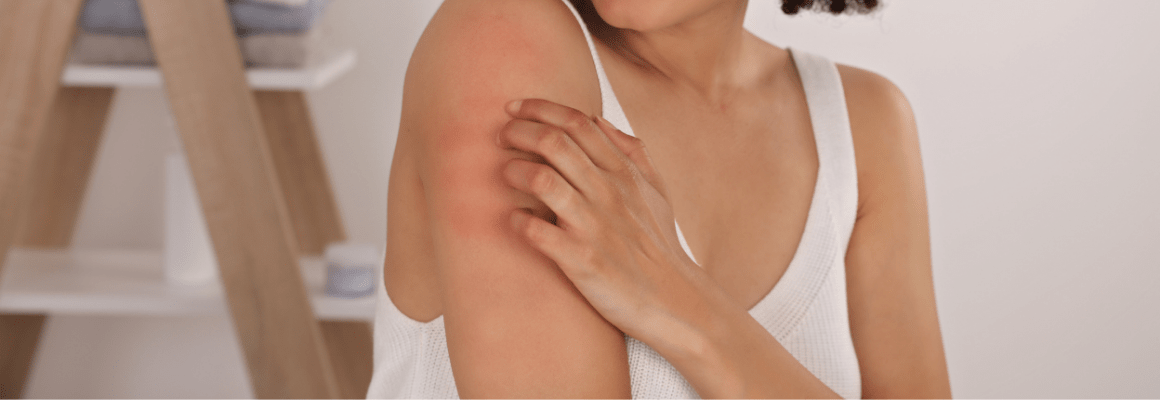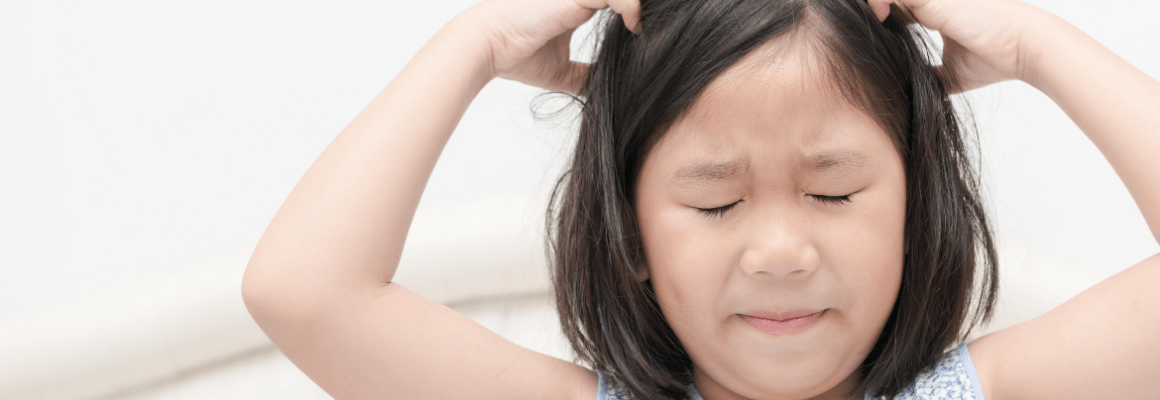Eczema is an inflammatory skin condition that affects roughly 10-20% of the population. Characterized by red, itchy, sometimes white, and extremely dry patches of skin, it results from a damaged skin barrier that has trouble retaining moisture.
While you may be aware of the common eczema symptoms, other skin conditions like eczema are often confused because of their similar appearance. In this blog post, we’ll help you identify some of the eczema-like skin conditions so you can treat each accordingly.
Please remember that although we discuss in this post that can relieve eczema, we are not medical professionals. Therefore, it is best to seek medical advice immediately if you’re experiencing severe eczema symptoms like an infection.
Skin Conditions Like Eczema
Hives
Hives are itchy, raised areas of the skin that form when the body releases a chemical called histamine in response to an allergic or hypersensitive reaction. Like eczema, the condition flares up when exposed to things that trigger an allergic reaction.
Some typical food triggers for both conditions include peanuts, tree nuts, milk, eggs, and shellfish. Try this Organic Aloe Vera Skin Soothing Spray for cooling relief from itchinessOrganic Aloe Vera Skin Soothing Spray. Its non-greasy formula makes it perfect for anywhere on the body - including the face!
Psoriasis
Like eczema, psoriasis is a chronic condition that stress, alcohol, extreme weather conditions, and certain foods can trigger. While both conditions cause the skin to appear itchy, dry, and red, psoriasis is further identified by the flaky, red patches with silvery scales.
These patches result from an overactive immune system reproducing skin cells faster than usual. A critical difference between the two is that psoriasis may also be associated with nail abnormalities, joint pain, and swelling or stiffness.
In addition, eczema is known to develop in childhood, while symptoms of psoriasis typically appear when a person is between 15 and 35 years old. For dry eczema or psoriasis, apply this cream from Emily Skin Soothers. Featuring certified safe herbs, it helps heal rough, cracked, and chapped skin.
Athlete’s Foot
Athlete’s foot can be mistaken for foot eczema because of its similar appearance. Both share symptoms of redness, dryness, and intense itching. In addition, those with athlete’s foot may notice small blisters similar to dyshidrotic eczema. However, a critical difference between them is that, unlike eczema, athlete’s foot is a fungal infection that is contagious.
To treat these conditions, we recommend these adults socks and kid socks from Remedywear™. The zinc-embedded fibers help heal feet blisters, promote faster healing, and soothe itchiness.
Rosacea
Rosacea is recognized for its trademark rash that tends to bloom on the cheeks, nose, chin, and forehead. It can also involve thickened skin, tiny bumps, and pus-filled pimples. Because it develops on the face, it’s extra important to use products that contain natural ingredients to avoid an adverse reaction. To combat a rosacea flare-up, try this Calendula Facial Cream.
Baby Acne
Baby acne and baby eczema both cause rash-like patches on the skin. However, while both conditions are red, baby acne is bumpy and is not itchy.
In addition, they affect different areas of the body. For example, baby acne usually develops on the forehead, chin, scalp, neck, back, and chest, while baby eczema will affect the face, cheeks, chin, and forehead.
Finally, baby acne will generally develop in the first six weeks after birth, while eczema can develop anytime between 6 months and five years old. To treat the gentle skin of babies, apply this Organic Manuka Skin Soothing Cream. Made with just six all-natural ingredients, you can rest assured there is no burning or stinging.
References:
https://www.medicalnewstoday.com/articles/315749#both
https://www.webmd.com/skin-problems-and-treatments/ss/slideshow-common-adult-skin-problems
------------------

Bio: Laura is a contributor and content developer for The Eczema Company. She is in no way a medical professional. Her comments, suggestions, and reflections are not intended to replace any medical advice. Always seek the help of a medical professional before undertaking any diet or lifestyle changes.
